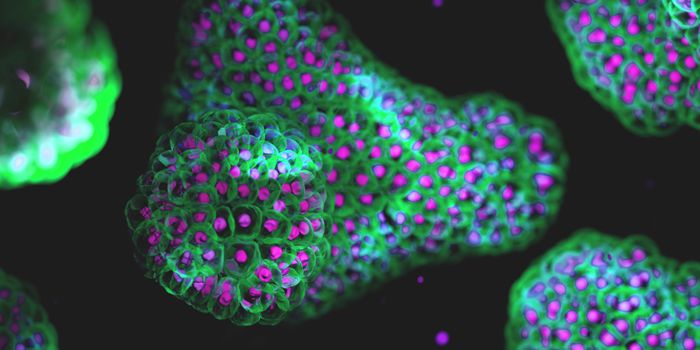The Progress and Promise of iPSCs in Disease Modeling

Neurodegenerative conditions such as Alzheimer's and Parkinson's gradually destroy brain cells, leading to deterioration in motor functions, memory, and cognitive abilities, and put strain on both patients and the healthcare system. Current therapeutic approaches only offer symptomatic relief and fail to stop the progression of these diseases. The research is further complicated by factors like the blood-brain barrier that obstructs drug delivery, and the use of models that do not accurately simulate human conditions.
However, newer cell models like iPSCs and 3D cultures show promise. iPSCs allow for custom disease modeling and drug screening, and 3D cultures closely resemble human brain structure, enhancing research and pharmacological testing. These models are also ethically favorable compared to embryonic stem cells. However, iPSCs come with challenges including protocol standardization and clinical validation.
Download this eBook to learn:
- Optimal methods for utilizing iPSCs in disease modeling
- Strategies for efficient and consistent workflow processes
- Industry-leading innovations enhancing R&D in sophisticated cell modeling








